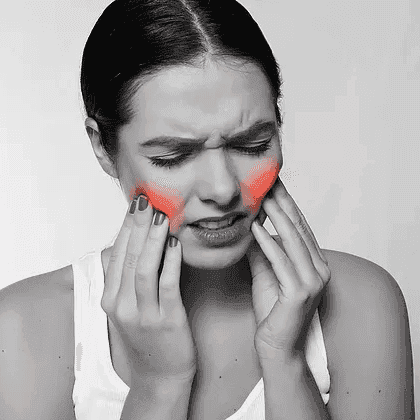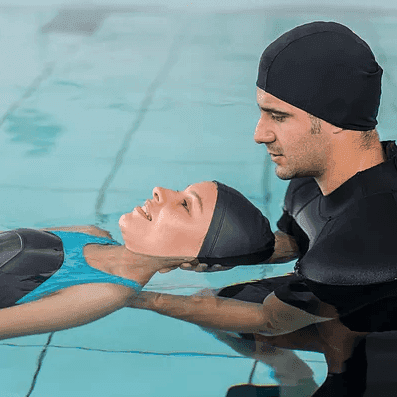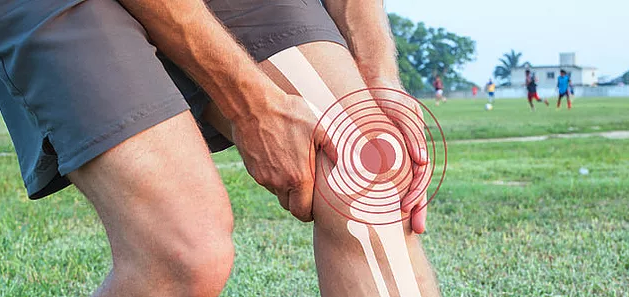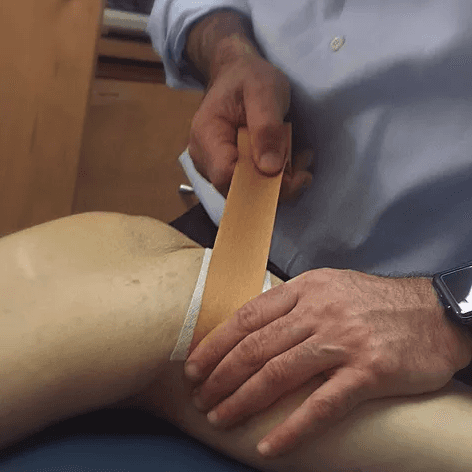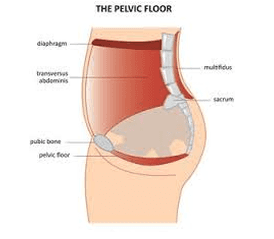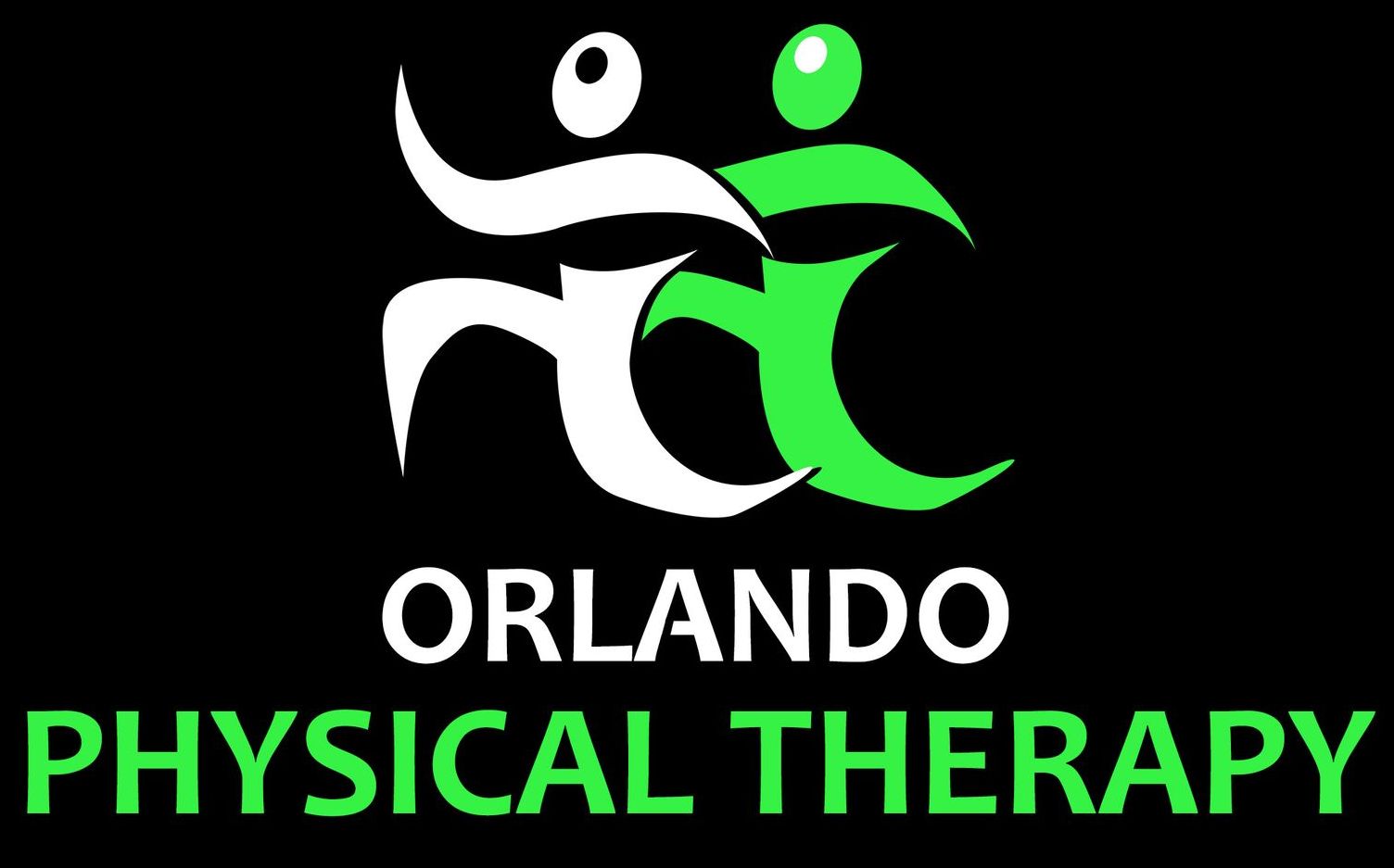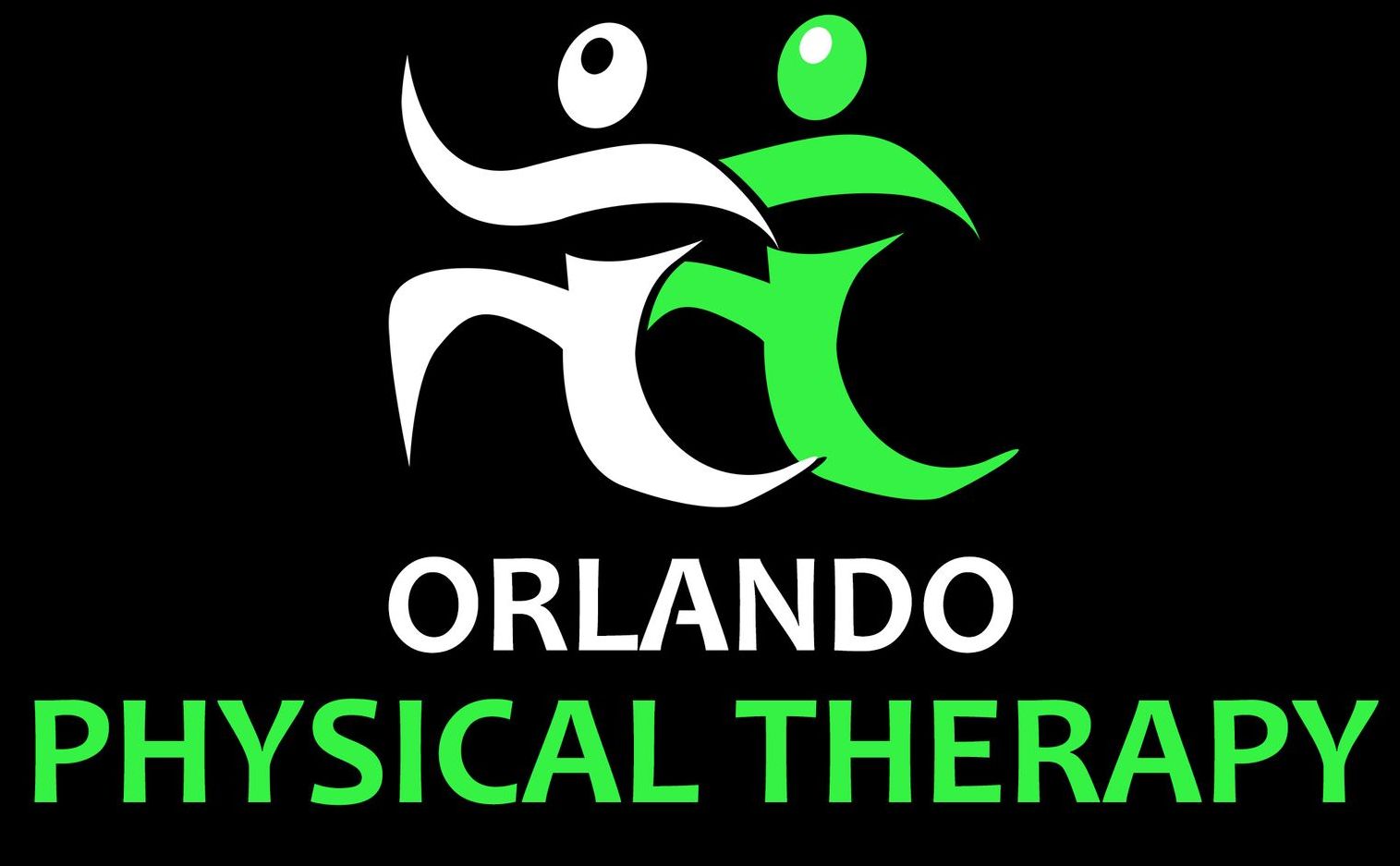Q&A with Dr. Anthony L. Orlando, DPT.
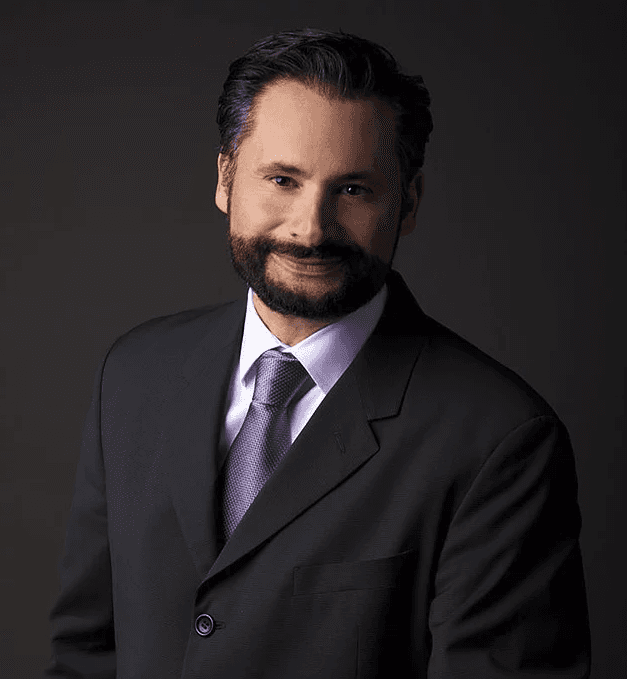
What did you learn growing up that you implement in your physical therapy practice now?
Compassion and empathy to go along with the knowledge. I think that’s all people want from anybody. Just be honest, be a little compassionate with me. Especially people who are in pain. They don’t want to come through the door complaining. They’re hurting. You’re an outlet for them.
How do you get started with a new patient?
The first thing I ask is, “How can I help you?” Because you’re here and I’m here to help you. It’s not my therapy.
What happens once you’re working with patients who say they’re starting to feel better from the treatment?
Hopefully they’re saying, “I’m a lot better.” I’ll go through what I just did with them and then I’ll try to incorporate exercises. Now at this point I’m trying to empower you as the patient. It’s not about me now. I always give exercises that you’ll be able to do in a timely fashion.
What happens once a patient is empowered in your care?
It’s about you talking about your problems and me, like a scientist, I’m just helping you interpret those results. We’re working as a team. And that empowers people, too. They feel like they’re part of this.
If you sense patients are stressed in their everyday lives, what can you do for them?
I tell people, “Put your phone over there. Forget about the phone. You’re a slave to your phone.” So they’ll put the phone away. I have dim lighting. I have the aromatherapy in my room. And I have Pandora so they can pick the music. That’s it. I’ll leave them in there for 15 to 20 minutes. In that time, they get to integrate all this. It lets them unwind. They get to decompress. They get to unplug. And they get to appreciate the whole therapy. I’ve incorporated not only therapy, but the experience. Usually people will come out and say, “I feel great.” After a while I’ll get people saying, “I couldn’t wait to get here.” When do you hear people say they couldn’t wait to get to a medical office?
What is the best exercise?
I get that question a lot. I’ll throw it right back at them -- “What do you think is the best exercise?” They all say the same thing. “Well, walking, right?” I say, “Maybe.” They’ll say, “What about swimming?” I’ll say, “You know what? Those are two good exercises, but it’s a trick question. The best exercise is the one you’ll do.”
What if patients say their doctor has told them to stop working out? Can you still recommend exercises?
Let’s work on the problem. If something you do is part of who you are and you feel good about that, then I just want to support that. But I want to support it in a safe way so you don’t get injured. That’s where I’ll come in. Because I really understand that injury has a psychological and a spiritual effect. You start to lose your focus on things because you don’t feel good about yourself. So I’ll constantly support you in what you do; I’ll just modify certain things. You still have who you are, but you’re doing it in the safest way possible.
Additional Articles
